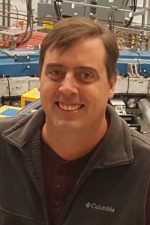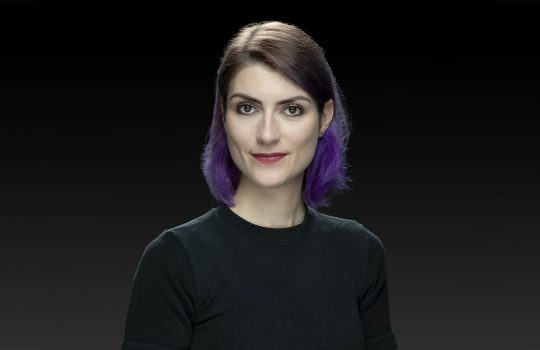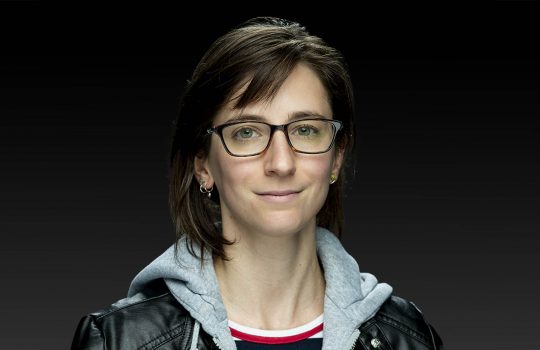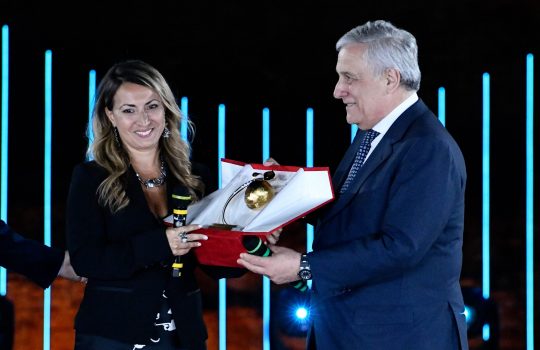Fermilab physicist and Muon g-2 spokesperson Chris Polly is one of 10 winners of the Falling Walls Award in physical sciences. The award honors researchers doing groundbreaking work in the observation and understanding of natural phenomena of the earth, atmosphere and space. Polly is being recognized for his work on Muon g-2. Its first results earlier this year strengthened evidence of new physics beyond the Standard Model, which is currently scientists’ best theory of how the universe works. This award acknowledges Polly’s contribution to the Muon g-2 collaboration. The experiment’s success depends on the collaboration of more than 200 scientists from 35 institutions in seven countries.
Polly is also a finalist for the Falling Walls Science Breakthrough of the Year 2021 in physical sciences.
The conference seeks out scientists and research groups whose contributions “promise to have a significant long-term impact on the research landscape and to contribute towards solving global challenges.”
The Science Breakthrough of the Year 2021 in Physical Sciences will be announced Sept. 15. The winner will present on their work Nov. 9, the anniversary of the fall of the Berlin Wall, at the Falling Walls conference in Berlin.
Fermilab is supported by the Office of Science of the U.S. Department of Energy. The Office of Science is the single largest supporter of basic research in the physical sciences in the United States and is working to address some of the most pressing challenges of our time. For more information, please visit energy.gov/science.




